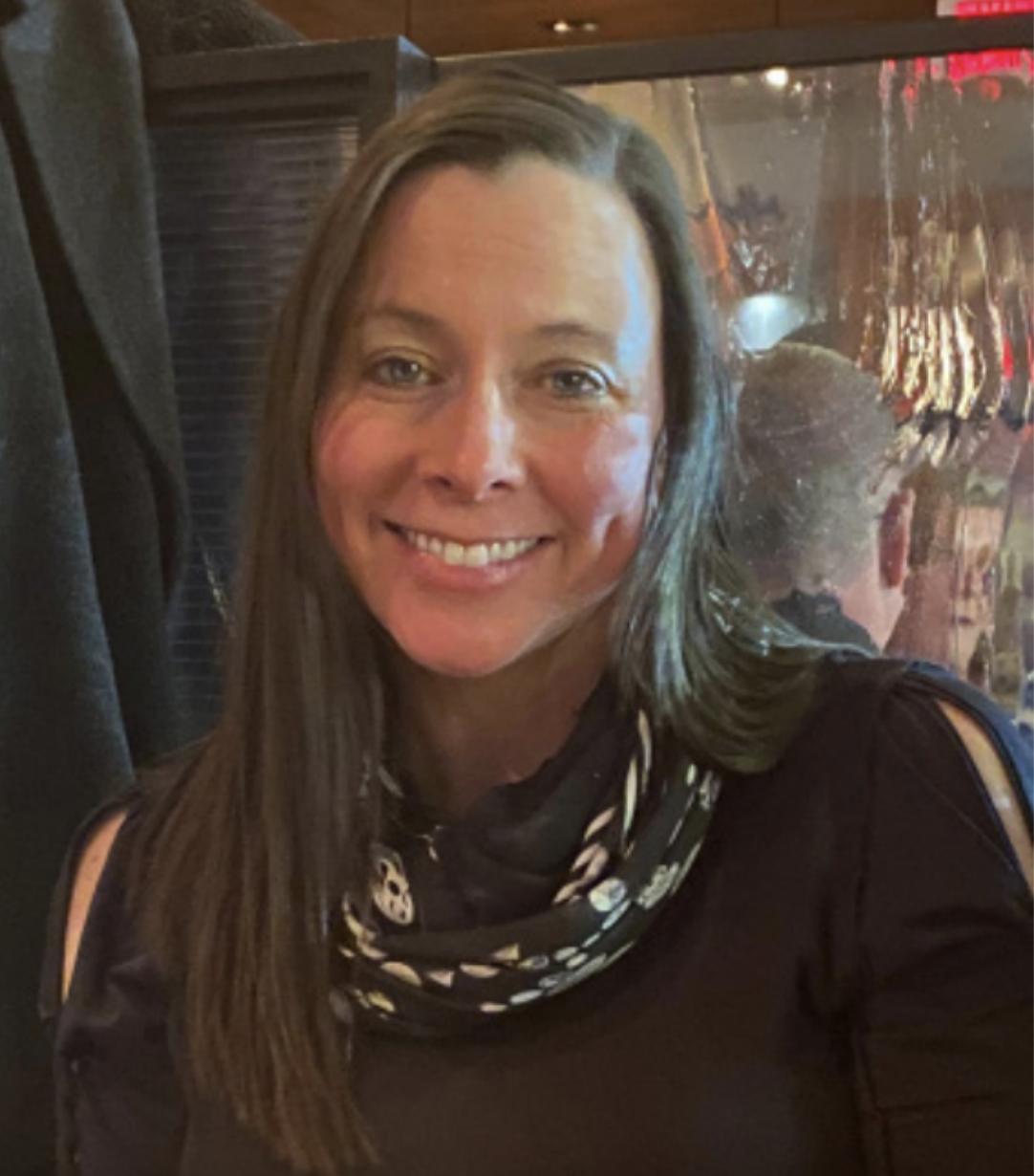Congratulations to Ms. Gajda on becoming the new Mamaroneck Teacher Association (MTA) president! According to its website, the MTA “serves as an advocate for public education, advancing the cause of education for all, promoting professional excellence, and working to gain recognition of the basic importance of the teacher in the learning process while promoting and protecting the rights, interests, and welfare of its members.”
Ms. Gajda shared that she is looking forward to her new position and is very “nerv-cited,” a word used in her family when they are very excited and nervous.
As well as expressing her enthusiasm, she recounts the effort and work it took to reach this success. To get to where she is now took years. After working in the district for almost three decades and becoming a building representative at Hommocks Middle School, Ms. Gajda was elected as a contract negotiator and worked to negotiate three contracts for the MTA.
She then became the first Vice President. It then became clear to her “that [she] should go for president.” She discusses how teaching is a difficult profession and how “teachers need the protections offered by a union.” She notes how “much stronger we are when we advocate together, and wanted to ensure [her] colleagues felt supported, respected, and heard.” As President, Ms. Gajda’s primary concern is to make sure teachers have the conditions they need to do what they love most: “helping students thrive.” Her mindset is happy teachers means happy students, which means more learning.
Ms. Gajda has always been passionate about advocating for herself and her colleagues. She remarks that the “amazing mentors who modeled the importance of union involvement” showed her that “leadership means standing up for others, listening to their needs, and working together to make meaningful changes.”
MHS Social Studies teacher Mr. Vega, an MTA Vice President, and Ms. Gajda are very excited to be working together to help become a voice for the teachers and provide leadership.
Ms. Gajda describes how one of the biggest challenges facing schools today is the teacher shortage and how “physically, mentally, and emotionally demanding the profession is.” She explains that fewer and fewer people are entering education because of the stressors tied to the job. Compensation is also a major factor as teachers are required to earn advanced degrees, yet the pay is not up to scale with other professions that require the same level of education. She explains that “if we want to attract and retain talented educators, we must address both the working conditions and the respect our profession deserves.”
Mr. Vega reflects on his first year 2006 when “[MHS] was a place where teachers stayed their whole careers. They gained valuable experience and got to know families as teachers taught siblings and began to make connections.” He explains that because of past contracts, younger teachers are finding better opportunities elsewhere and recently there has been an unfortunate pattern of young teachers entering the district, gaining a few years of experience, and then leaving for other districts. He understands that teachers need to make decisions “that will support their families. Qualified individuals no longer want to go into education because union representation is weak in a lot of states.” He reflects the importance of organizations like the MTA because if there “isn’t a voice looking out for teachers, it hurts the profession and the nation as a whole.”
Ms. Gajda has the following responsibilities in her role: leading meetings, working with committees while also appointing members to serve on them, overseeing operations by supervising MTA staff and managing property, staying connected by attending school board meetings and keeping open communication with parents and community groups, and managing finances.
One of Ms. Gajda’s first goals is to connect with as many of her “550 members as possible– from teachers to counselors, nurses, and teaching assistants.” She is actively working to get more members involved to create a collective voice that is even stronger. She notes how with contracts expiring in June of 2026, she is “optimistic about negotiations and hopeful we can make improvements to the salary schedules.”
She plans to attend new teacher meetings regularly to check in and offer support as they adjust to their new roles. While she knows it can be challenging to meet the needs of members at such different stages of their careers, she prides herself on “being a good listener and a problem solver.”








